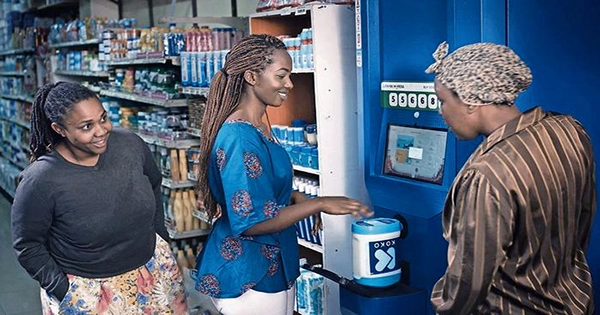Koko Networks, a biofuel technology company located in Kenya, has expanded its business to include other fast-moving consumer items via a new software platform that will make use of its existing distribution networks in low-income areas. Koko Club, the company’s new business line, sells items directly to customers through Dukas (small stores) that now act as agents for the company’s bio-ethanol cooking fuel and stoves.
Only registered Koko Club members will be able to purchase the Koko Club merchandise, which will exhibit in dedicated places within the agents’ tiny stores. Customers signed up via Koko’s point-of-sale system, which captures their biodata and issues them with an electronic card that they may use to purchase things from any Koko Club shop.
The customer cards are linked to an e-wallet, which is identical to the one used to buy Koko’s bio-fuel and can be filled up using mobile money and other technologies. Koko Club sources items directly from manufacturers and manages inventories using a real-time inventory management system that eliminates stockouts while also delivering precise market statistics.
Koko Club is initially keeping product costs reasonable by reducing supply chains from producer to customers, with 35 SKUs in its portfolio. “Better products, reduced pricing, and convenience are all benefits we provide to low-income consumers.” This is in addition to ensuring that we always have the proper product assortment,” Sagun Saxena, co-founder, and chief innovation officer of Koko Networks, told TechCrunch. Greg Murray is the other co-founder and CEO of the company.
Micro-retail establishments, which account for 80% of domestic retail trade in Sub-Saharan Africa, are critical for supplying consumers with groceries and other necessities. These informal stores are frequently within walking distance, making them easy for customers, and they provide credit lines to repeat customers.
Because they account for the great bulk of commerce in the retail sector across the continent, the contributions of these informal merchants to economies cannot be overlooked. These stores, on the other hand, face ongoing issues such as stockouts, fluctuating profitability, and insufficient finance, making it difficult for them to expand.
These some of the holes that Koko Club intends to fill, particularly with regard to stockouts, given that the agents do not require funds to resupply, modernizing informal commerce is seen as one of the keys to unlocking credit and maximizing the potential of these small micro-retail establishments, as well as improving the lives of their owners. Koko Club’s business approach, according to Saxena, allows manufacturers direct access to this consumer niche.
“Many of these firms have armies of personnel who go into communities to ensure that their items are correctly displayed and that their stores are styled. “They need people out there to figure out what the costs are at the merchants,” he added.
“So, we take care of a lot of things for them; we can tell them right now how many of their products are there, how much they cost, and all that stuff.”The Koko Club concept was created in mid-2020, but the firm did not debut until the beginning of this year, riding on the success of its bioethanol fuel business, which was presented in 2019 as a cleaner, cheaper, and safer alternative to charcoal and fuelwood.
Koko’s bioethanol fuel and stove (produced in Koko’s factory in India) are now used by over 300,000 homes, up from around 100,000 in March of this year. More than 1,000 agents will now service these families in addition to serving as Koko Club agents. Following a recent debut in the coastal city of Mombasa, the Koko fuel company has moved beyond Kenya’s capital Nairobi in just over two years, with ambitions to expand to Nakuru and Kisumu in the first half of 2022.
















